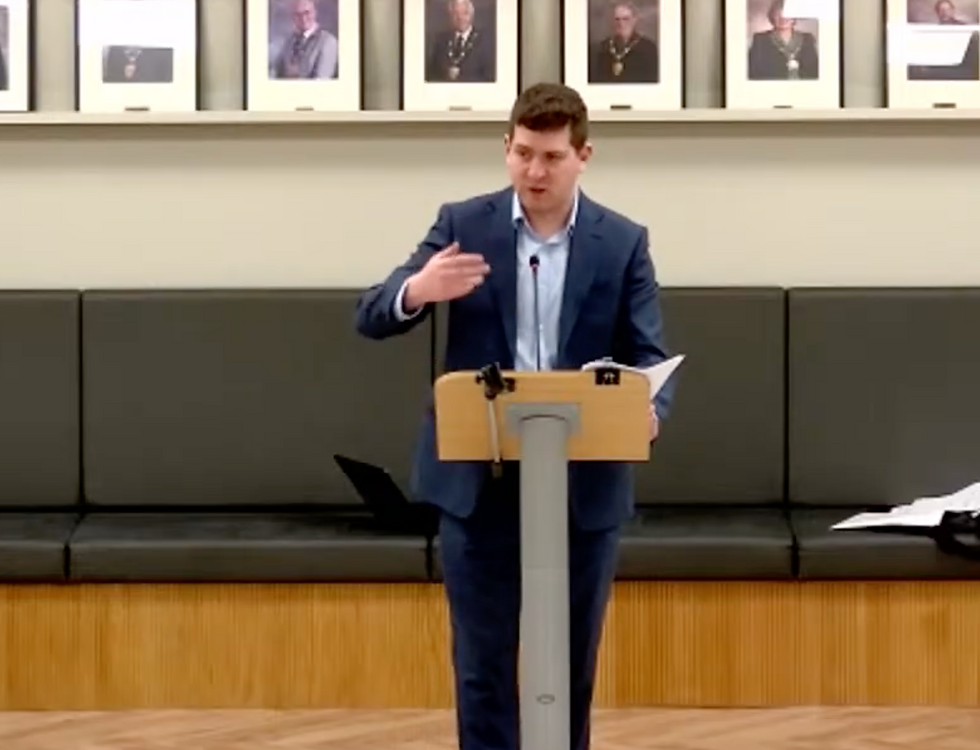Biodiversity Net Gain: 2024 Update
- Viable Placemaking

- Feb 12, 2024
- 2 min read

Introduction to Biodiversity Net Gain
Protecting the natural environment is a key consideration within many planning applications and, as part of the Government's commitment to protecting the environment, 2024 sees the introduction of mandatory Biodiversity Net Gain (BNG) in England.
BNG seeks to ensure habitats and wildlife are improved as part of the development process and is mandatory in England under Schedule 7A of the Town and Country Planning Act 1990 (inserted by Schedule 14 of the Environment Act 2021).
What are developers required to do?
BNG seeks to ensure development leads a natural habitat better than it was before. As such, developments will be required to deliver a minimum of 10% BNG, through the provision and protection of biodiversity units, which are based on factors such as size, quality, location and type.
Delivering BNG can be achieved through three routes:
Creation of biodiversity on site,
A mixture of on-site and off-site BNG,
A developer may buy statutory biodiversity credits from the Government (though this should be a last resort).
The majority of councils will expect developments to meet the 10% requirement however some Councils have set out stricter local targets.
When does it come into effect?
BNG is mandatory for major developments from 12 February 2024 and for smaller developments from 2 April 2024.
How will it affect my planning application/appeal?
As part of planning applications and appeals received from the above dates, you may need to consult an ecologist to ensure your development meets the BNG requirements.
As a town planning consultancy, Viable Placemaking frequently work hand in glove with ecologists who may assist with the environmental implications of a development, including BNG.
Will BNG impact development viability?
BNG has the potential to increase the costs of a development which can impact a scheme's viability. Early reviews found that the increase of a Greenfield development's cost as a result of BNG could be between 0.1 - 3.9% of base build cost (Defra, 2017 data).
Additionally, BNG has the potential to impact land values. For example, while some sites may not be appropriate for extensive build form development, if a site has a high ecological value it may be utilised for off-site delivery of BNG. Alternatively, a development's design may need to be reconsidered as part of a planning application in order to allow for BNG opportunities to be utilised on-site.
If you believe a development is becoming unviable as a result of BNG, you may wish to consider submitting a Viability Assessment with your planning application.
How can Viable Placemaking help?
As a town planning consultancy, Viable Placemaking frequently assist our clients - from homeowners to professional developers - navigate the town planning system, including the ecological considerations.
As of February 2024, we have multiple planning applications being considered by local planning authorities around the UK which deliver BNG. We have worked closely with ecologists and other professionals to amalgamate the most robust submissions possible, with BNG being one key component.
For more information on BNG or how we can assist with your planning and development needs, please don't hesitate to get in touch.



